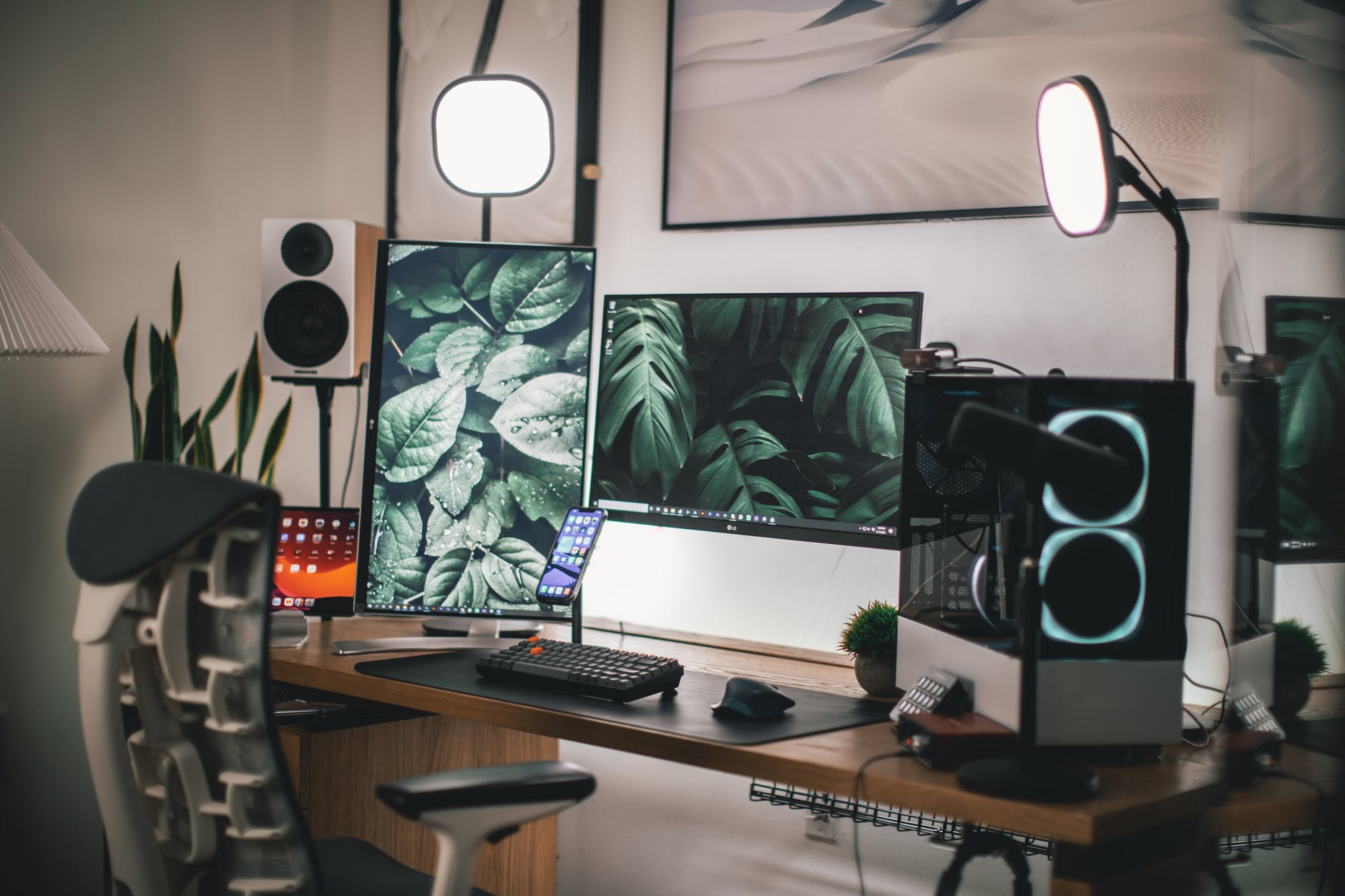
There’s nothing worse than going to install a game you were looking forward to playing but seeing that you lack the storage space to make it happen.
How do you free up space on your hard drive? By cleaning and deleting unnecessary files or programs you are no longer using. In doing so, you allot more free space on your drive, which means space to download the things you actually want on your PC.
Here are ways on how to free up drive space on your Windows gaming pc:
6 Ways to Free Up Drive Space on Your Gaming PC
1 – Check How Much Space Your Currently Have
- Go to your PC Settings. Type Settings on the Taskbar and then tap Change PC settings.
- Click PC and Devices, then select Disk Space.
- Upon clicking Disk Space, the interface will show the size of the Free Space available in your disk and the total size space used.
- You can also Free Up Space on this interface by clicking Empty Recycle Bin if there are files in there.
2 – Use Windows Disk Cleanup.
One of the easiest ways to clean and free up your drive space is by using Windows Disk Cleanup.
OPTION 1
- Go to the Start button, and type in Disk Cleanup in the search box. Tap on the program.
- If prompted, select the disk drive that you want to clean, then click OK.
OPTION 2
- A dialog box will appear, then select Clean up system files.
- Select the drive you want to clean up, then click OK.
OPTION 3
- In the Disk Cleanup interface, go to the DiskCleanup tab. Choose the checkboxes for file types that you want to delete, then click OK.
- You can also remove any data from a previous installation by selecting the Previous Windows installation(s) check box. Once the message appears, select Delete files.
- Go back to File Explorer and select Computer. Select the drive you just cleaned up, then click Refresh.
3 – Uninstall Applications You’re Not Using
All of the desktop apps you have can take up a deceptive amount of space. We recommend keeping just what you use and doing away with the apps that are collecting digital dust.
- To uninstall apps, go to Open and Features. Click the Start button and select the Control Panel.
- Click Programs and Features.
- Select a program that you are no longer using, then click Uninstall. Make sure to double-check the program you plan to uninstall, so you won’t have any problems in the future.
4 – Uninstall Windows Store Apps You’re Not Using
Just like other apps, Windows Store apps also take up drive space. These are uninstalled slightly differently.
- Go to Settings, then click on PC Settings.
- Select Search and Apps, then click on App Size to see how much space each app takes on your disk drive.
- Once you locate the app you want to uninstall, choose the app, then click Uninstall.
5 – Delete Any Files You Don’t Need
Find files that you are no longer using on your PC, then delete them.
- Go to the Search Box in the Taskbar and then type in This PC, then click it.
- Go to the Search This PC box in the upper-right, then enter size: huge.
- Click the View menu, and choose Sort by.
- Select Size. Files with the largest size will display at the top.
- Select the files you want to delete. Right-click the file and select Delete.
Consider moving files like videos, music, or photos to some sort of external storage as a USB drive, cloud storage, or an external drive. You will have access to them without cluttering up your main drive.
6 – Add More Storage
If you absolutely can’t part with your apps and files, then you will need to add more storage to your gaming PC. You have some options here, you could get external hard drives, USB, or cloud storage. Here’s an in-depth description of each additional storage option you can use:
- External Drive – Almost all gaming PCs include ports to plug in external SSDs. These external hard drives provide additional storage for your files, especially video games that you want to archive but don’t want to uninstall.
- USB – USB ports are standard in all gaming PC units. Newer models actually have the USB 3.0 port, which can transfer data at a much faster rate compared to its predecessors. Do take note that you can use a USB 2.0 flash drive into the USB 3.0 port, but you can never use a USB 3.0 flash drive into a USB 2.0 port. So double-check your USB port as well as the flash drive you are planning to buy or use.
- Cloud Storage – Microsoft offers cloud storage known as the OneDrive app, which allows you to store files into the cloud or the internet. You can save your files into One Drive but make sure to sign up for Microsoft Account to do so. Other cloud services include Icloud, Google Drive, and Dropbox. Explore which service is right for you and your file storage needs.
- SD Cards – SD cards, also known as Secured Digital cards, have different sizes and storage capacities. Here are the different types of SD cards you can find in the market:
- SD (32.0×24 mm)
- miniSD (21.5×20 mm)
- microSD (15.0×11 mm)
- DVDs or CDs – If your gaming PC can read and write on a blank disc or you have a disk drive that you can connect, you can use a CD, DVD, or Blu-Ray CD to store data similar to a USB flash drive or SD. Old school solutions still have there place in the digital age,